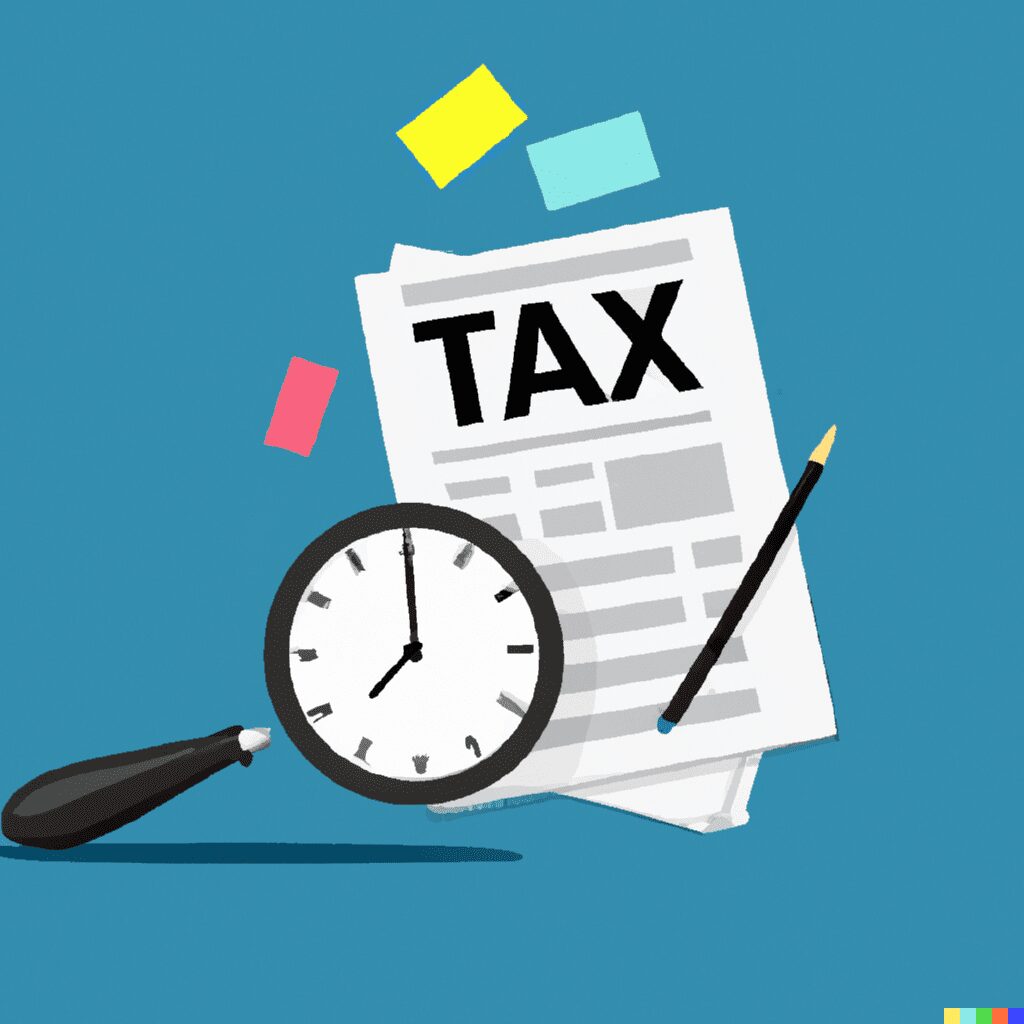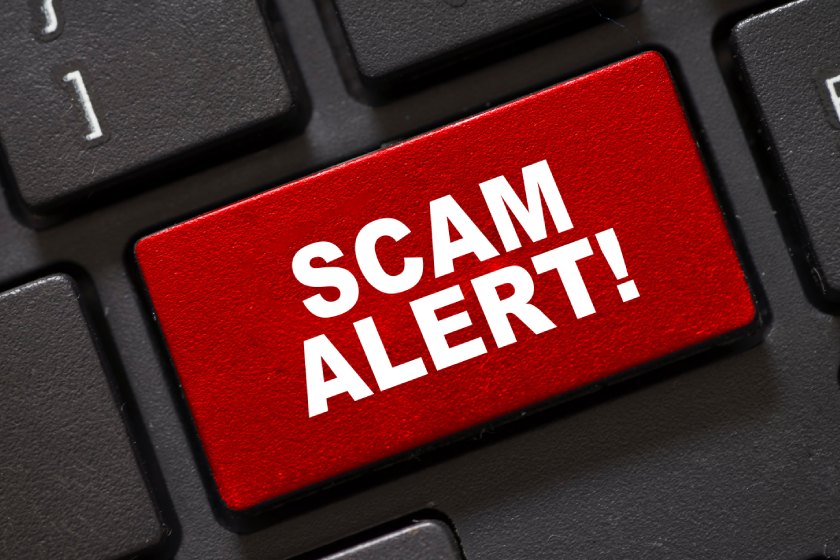
Key Aspects of QLD Property Transactions
Navigating the property market in Queensland can be complex, especially when dealing with various legal and financial aspects of buying or selling real estate. In this blog, we address common queries related to property transactions, including joint ownership, capital gains tax, land tax, and more, providing clarity for buyers, sellers, and homeowners in Queensland.
Frequently Asked Questions (FAQs)
1. What is the difference between joint tenants and tenants in common?
Joint Tenants: Ownership where two or more parties own a property equally. If one dies, their share automatically passes to the remaining joint tenants.
Tenants in Common: Ownership where two or more parties own a property in potentially unequal shares. If one dies, their share can be bequeathed to someone other than the co-owners.
2. How do I calculate capital gains tax on a property sale in Queensland?
To calculate capital gains tax, subtract the purchase price, associated costs, and any capital improvements from the sale price of your property. This figure is your capital gain, on which tax is calculated. For an accurate calculation, use a capital gains tax calculator online.
3. What are the current land tax rates in Queensland?
Land tax rates in Queensland vary depending on the total taxable value of your land. They start at 1% for properties valued above $600,000 and can increase depending on the land value and your residency status.
4. What holidays might affect my property transaction timelines in Queensland?
Queensland holidays such as Australia Day, Anzac Day, and Labour Day can impact transaction timelines due to closed offices and reduced services.
5. What is an easement, and why is it important?
An easement is a right to use another person’s land for a specific purpose, such as access or utilities. It’s important because it can affect how you use your property and what improvements you can make.
6. How is land tax calculated in Queensland?
Land tax in Queensland is calculated based on the total taxable value of all your taxable land, less any exemptions or concessions for which you may be eligible.
7. What services does the Land Titles Office provide?
The Land Titles Office in Queensland provides services including the registration of land ownership changes, easements, and mortgages. It’s crucial for ensuring legal ownership and dealing with property disputes.
8. How is land valuation done in Queensland?
– Land valuation in Queensland is typically conducted by state authorities and is based on the property’s market value, its highest and best use, and other real estate market factors in the area.
9. How can I use a stamp duty calculator for QLD?
A stamp duty calculator helps estimate the tax payable on a property purchase in Queensland. By entering the purchase price and other relevant details, you can calculate the approximate stamp duty cost.
10. How much deposit is generally required to buy a house in Australia?
Generally, a minimum deposit of 10% of the purchase price is required to buy a house in Australia, although more favorable loan terms might be available if you can provide 20%.
This is general advice only, for specifc legal advice speak with your legal representative.





